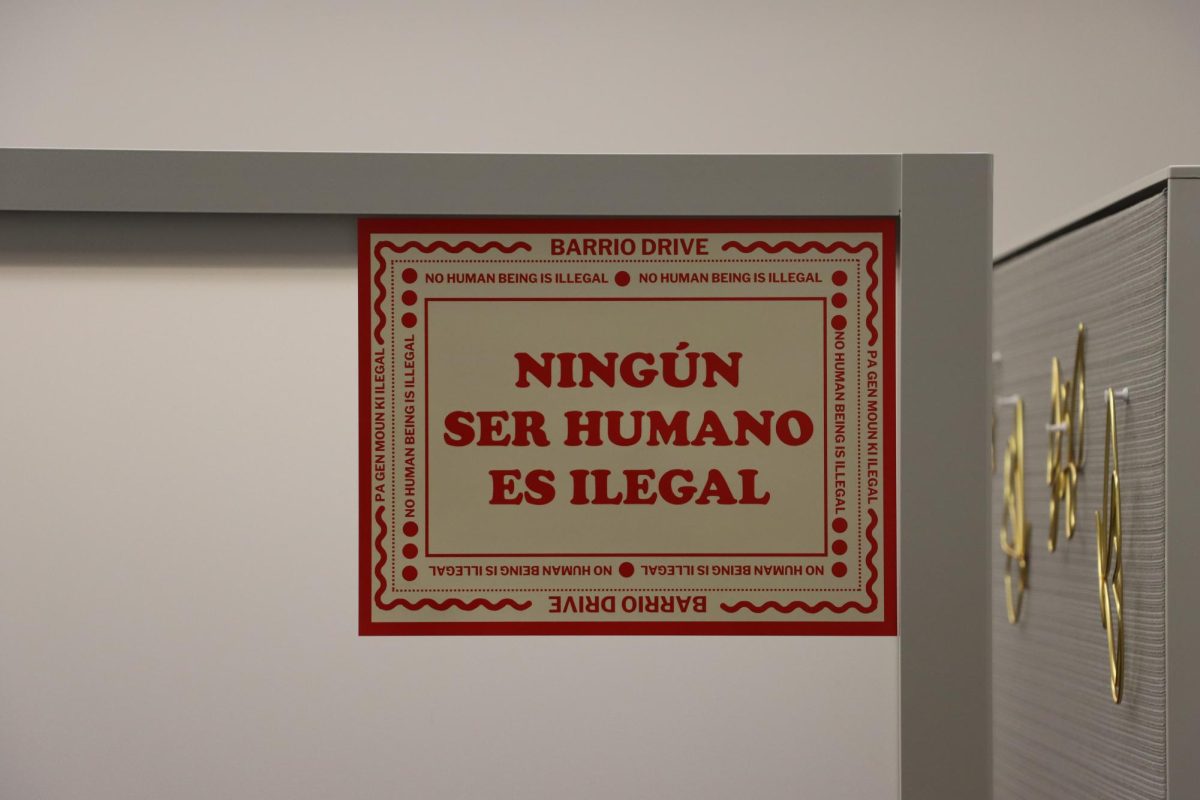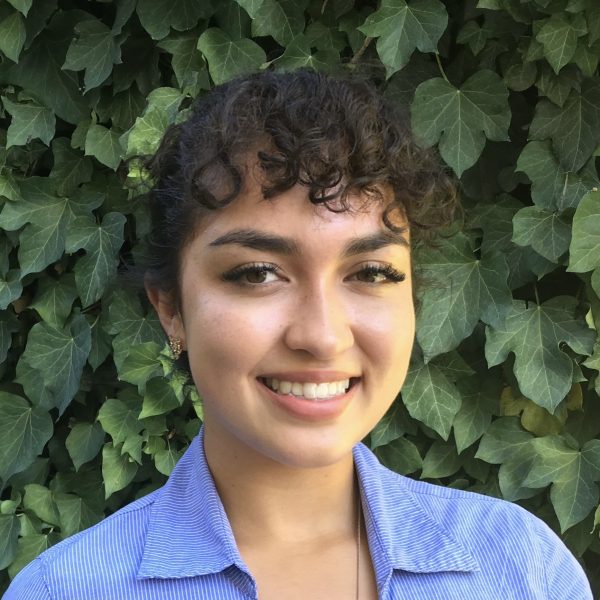Immigration and Customs Enforcement (ICE) agents are now permitted on college campuses, including Peralta community college campuses, following the Trump Administration’s reversal of a federal policy preventing immigration arrests in “sensitive areas” effective Jan. 21. This designation had prevented ICE agents from taking enforcement actions at churches, schools, hospitals, domestic violence shelters and more. This definition was expanded by the Biden Administration in an effort to not dissuade undocumented individuals from pursuing medical care, education, and other humanitarian support.
According to the East Bay Community Law Center (EBCLC), a legal partner that provides free services to Peralta’s undocumented community, ICE officers are still not permitted to pursue arrests in “private areas” on campus. These areas may include classrooms, counselor meeting spaces, and personal offices – any areas where people are not allowed to roam freely. Unlike public areas which include parking lots, hallways, and public meetings, ICE police must have “permission or a judicial warrant signed by a judge” to enter these spaces, according to the National Immigration Law Center.
After Trump’s executive order was announced, The Citizen began an investigation of the undocumented student resources at each of Peralta’s campuses. Its campus, nestled atop the Oakland Hills, has drawn historical controversy due to the inconvenience of its location.
There, we found unclear and outdated information, defunct website links, and a history of inconsistent leadership for undocumented student programs. In June 2024, Merritt College hired a person to officially run the center known as a Dreamer Liaison. California requires that every community college designate a Dreamer Resource Liaison who is knowledgeable on financial aid, social services, state-funded immigration legal services, and academic opportunities.
After an inquiry from The Citizen, Merritt’s resources were updated to include the correct contact information for its Undocumented Community Resource Center (UCRC) and most of the expired links were changed or removed.
The Citizen began monitoring the website in late Jan. 2025 to understand what the process of seeking help would look like for a Merritt student with no knowledge of the resources available to them.
The Citizen started where many students might think to look – Merritt’s UCRC website, where several resource support links for funds and legal help were either dead or expired. None of the contact information for the center was up to date.
As of Feb. 1, the website for the center listed their primary phone number as (510)-XXX-XXXX. The main contact email to ask questions or book an appointment with representatives at the UCRC was the general email for Merritt’s ASPIRA initiative, a program aimed at boosting the success of Latino and low-income students.
“For Spring 22, the UCRC Center counselor is available on Mondays and Thursdays,” the UCRC main page read. The center’s listed contact was Nancy Moreno. But according to Lilia Chavez, the Vice President of Student Services at Merritt College, Moreno has not worked for the center for at least a year. Chavez said that previously, Moreno maintained the center and provided updates for the website as a volunteer.
The Citizen spoke with Jorge Murillo, Merritt’s Director of Hispanic Serving Initiatives who leads the ASPIRA program, regarding the lack of current information on the website.
“We have a super out of date website. And to be honest […] it’s been very difficult to find information,” Murillo said. “Merritt has not really had a full time person who looks at or manages our website. And many of us […] don’t have access to these pages.”
Within 24 hours of The Citizen’s first interview with Murillo on Feb. 5, the website was updated to reflect Castorena’s role as the current Dreamer Liaison. The update included her contact details and a link to schedule an appointment with her. However, following this edit, the UCRC website became unavailable from the center’s main tab on the Merritt website. This site directory error persisted for nearly a week.
Chavez said she had maintained the UCRC for about five years before funding was secured by the college for a center. During an interview on Feb. 10, Chavez said she was not aware of any issues with the website, agreeing with Murillo that the website’s outdated information was the product of understaffing.
When asked who maintains the site now, Chavez said it was “all our responsibilities, but there isn’t a full time person in that role [web developer].”
Since The Citizen’s initial inquiry, the website has received piecemeal updates, removing most of the outdated information. At the time of publication, the UCRC webpage is now available directly through Merritt’s student services tab on the college website.

Looking ahead at resources currently available to students
Merritt leadership agreed that if undocumented students need assistance, Castorena is currently the best contact to speak with. She is knowledgeable of various campus resources, including the Basic Needs Center, mental health counseling, DACA application support, and legal services.
“I think moving forward, it’s really important to help the students [with] their safety in mind and just keep providing those safe, confidential spaces for students to be in community,” Castorena said.
EBCLC is Merritt’s legal support partner for immigration services. Any student, staff, or faculty member of the California community college system is eligible for free immigration legal services which can be found through FindYourAlly.com, a state-funded initiative.
Appointments to speak with an immigration lawyer are available by college. New appointments with EBCLC lawyers are released at the beginning of each month. Depending on the college, appointments may be available sooner.
During the initial stages of The Citizen’s investigation, appointments with the UCRC were not available at Merritt. EBCLC representatives told The Citizen that Peralta community members can reach out to them via phone or email if appointments aren’t available on the website. They also mentioned that students can reach out to legal partners at any community college through FindYourAlly.com, if no appointments are available at a local college.
The EBCLC only provides virtual appointments for Merritt, since there is currently no physical location established for the UCRC at the college.
Peralta’s Administrative Procedure for “Immigration Enforcement Activities” explicitly states that the college president be notified immediately to the presence of ICE on campus, even if a warrant has been presented. College presidents have the final say in accepting a warrant or deeming it null based on the situation and position of the law.
Merritt College President David Johnson said that he stands by undocumented students and will do what he can to support them in the future. He mentioned that students can anticipate informational flyers around campus soon explaining what to do during an ICE encounter.
“People are terrified – and to relegate our students to the shadows where they don’t get the access to public education that could be so transformative in their lives is really a shame,” Johnson said.
“We’re gonna overcome it. I think that everyone is prepared to do whatever is necessary.”
Staff Writer, Ivan Saravia, contributed to this report.
Correction: This article was updated on 2/20/2025 to correct that Merritt College is not the smallest of the Peralta Colleges. It is the second largest. This update also included Fernanda Castorena’s full correct last name.



























